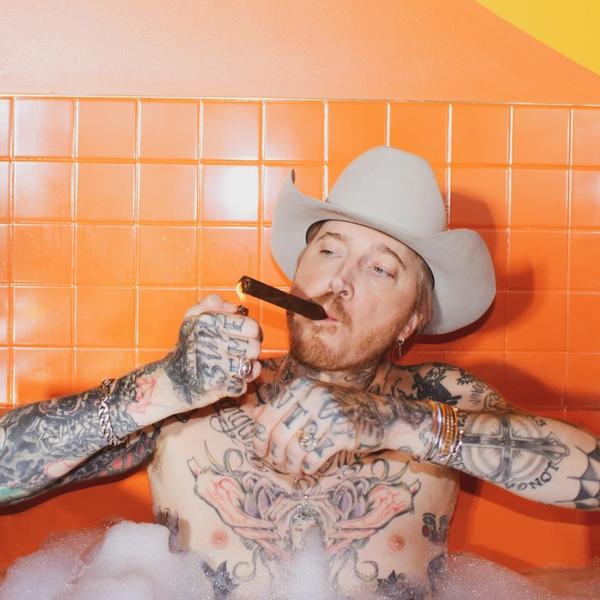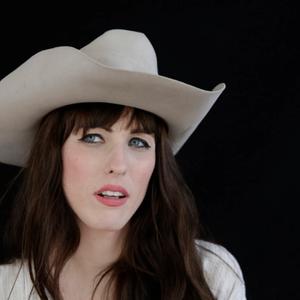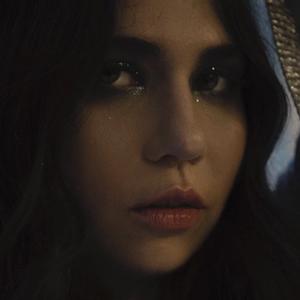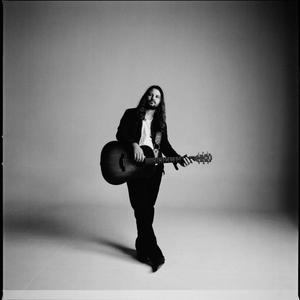




Link copied

Bones Owens can be found in the same wooden-walled cabin-come-studio that he wrote the majority of the songs for his self-titled debut album in. The irony isn’t lost on the Nashville native that a record he wrote, all with the high energy of a frenetic live show in mind, hasn’t really been played beyond the walls of this cabin and the studio it was recorded in.
Following on from the brooding Americana of his previous outings, the Missouri-bred Owens injects a little nitro boost into his output - doubling down on the pummelling swamp rock of his previous work, while swaggering out of the corner with a blistering mix of garage rock and hill country blues. It’s like Queens Of The Stone Age playing the Grand Ole Opry.
Bringing the album to life in Smoakstack studios in Nashville – alongside five-time Grammy Award nominee Paul Moak - it’s a dynamic showcase for Owens’ own work. Having previously played alongside Carrie Underwood and more, the album is an invigorating breath of fresh air after the best part of a year spent in lockdown. You might not be able to go and experience it live just yet - but you should push the sofa back against the wall and turn it up to eleven; this is the sort of record that only knows one volume: louder.

How did you start out in music?
My parents are both musical, so I started before I can even remember, I think it's just always been around. My mom plays piano and my parents both sing; they actually met because they were both singing together, when they were in high school. My mom put me in piano lessons when I was six years old - so that was the official start – and I must have been around 10 years old when I started on guitar, and everything else just led on from that.
You’re probably known as much for being a guitarist as a songwriter, which do you see yourself as first and foremost?
I’ve done quite a bit of session stuff, but I'm by no means a Nashville session guy. I moved to Nashville over 15 years ago with another songwriter friend of mine, and when I came here it was on a song-writing publishing deal. I was going to college in the Kansas City area, studying English, taking creative writing, and I had a couple bands in college. We had a connection in Nashville, so we started coming down here and ended up with a publishing deal with EMI. I dropped out of college when I had one semester left. I thought my parents were going to kill me, but I dropped out, and I moved down here as a songwriter.
Where does your sound come from? What were your influences?
As I said, where I'm from its sort of the middle of nowhere - at least a couple hours from the closest city and things like that – so it was very rural, and everything is sort of behind the times. If you turn on the radio, there’d be classic rock and the country stations, and maybe if you put enough tinfoil on your antenna you could get an alternative station, but that was it. Creedence Clearwater Revival was the first record that I remember stealing from my dad – that felt like something I could connect with, I completely wore it out.
I was kind of confused - as most people are when they're teenager - but I was the only person in my small town in the nineties who was dressing like it was the 70s, with bell bottoms and polyester shirts and hand me down stuff. I've always been influenced by the sixties and seventies classic rock, it just took a little while for it to maybe come back to the forefront in my music. I used to DJ at a friend's bar here in Nashville. I just got into discovering a bunch of music as I was going through crates of records at stores, recognizing a label that I liked and finding more cool music I’d just never heard before.
There’s a really raw live sound to the new album, how did you go about capturing that on the recordings?
We record live as much as we can, just to get that sound - we record all the basic tracks to tape. We’re just trying to do as much of it the old way, to be true to that sound and that way of recording. There's something I really like about recording to tape and trying to record quickly, without over-cooking it. It’s well thought out, but you go in and you just knock it out. The main focus is the song and the colouring of it, but there’s not so much production that you lose the raw power of the song.
Is it a record that you specifically wrote for playing live?
If this past year has taught us anything it’s to not make too many plans, because everything can change. But that was my plan. I’d been playing live shows with other bands, then when I went out on my own to start playing shows, I realised there wasn’t a lot of energy to the music. I wanted to be able to mix it up and have a lively energetic show. So this whole record was written with the live show in mind. It kind of stays on a high note - up-tempo - because I was just in that mode. I was thinking about having more rock songs for the live show, and then the whole record almost becomes a full rock album.
How does it feel now that the album is finally coming out?
It’s pretty anticlimactic, just like a lot of things are right now I suppose. We originally planned for this record to come out back in July, so just having it out will be a relief. As soon as a record is released, I feel like I'm released of it in a way. It's hard to explain but, even on the day it comes out, I feel like I'm kind of free of it and can move on. It's like a breakup or something, you finally have permission to move on. My goal is just to keep creating and keep putting out songs. I don't think there's anything more powerful than the songs themselves. I think of the records as sort of my children and as a legacy, and if this year has taught us anything, it’s that nobody knows when exactly their time might be. So I just feel like making the most of my time, and - not in a morbid way - just leaving behind as many of these ideas, my words and as much of my music as I can.
Bones Owens' self-titled debut album is out this Friday (26/2) via Black Ranch Records / Thirty Tigers.
Photography by Elizabeth Broocks Owens.





